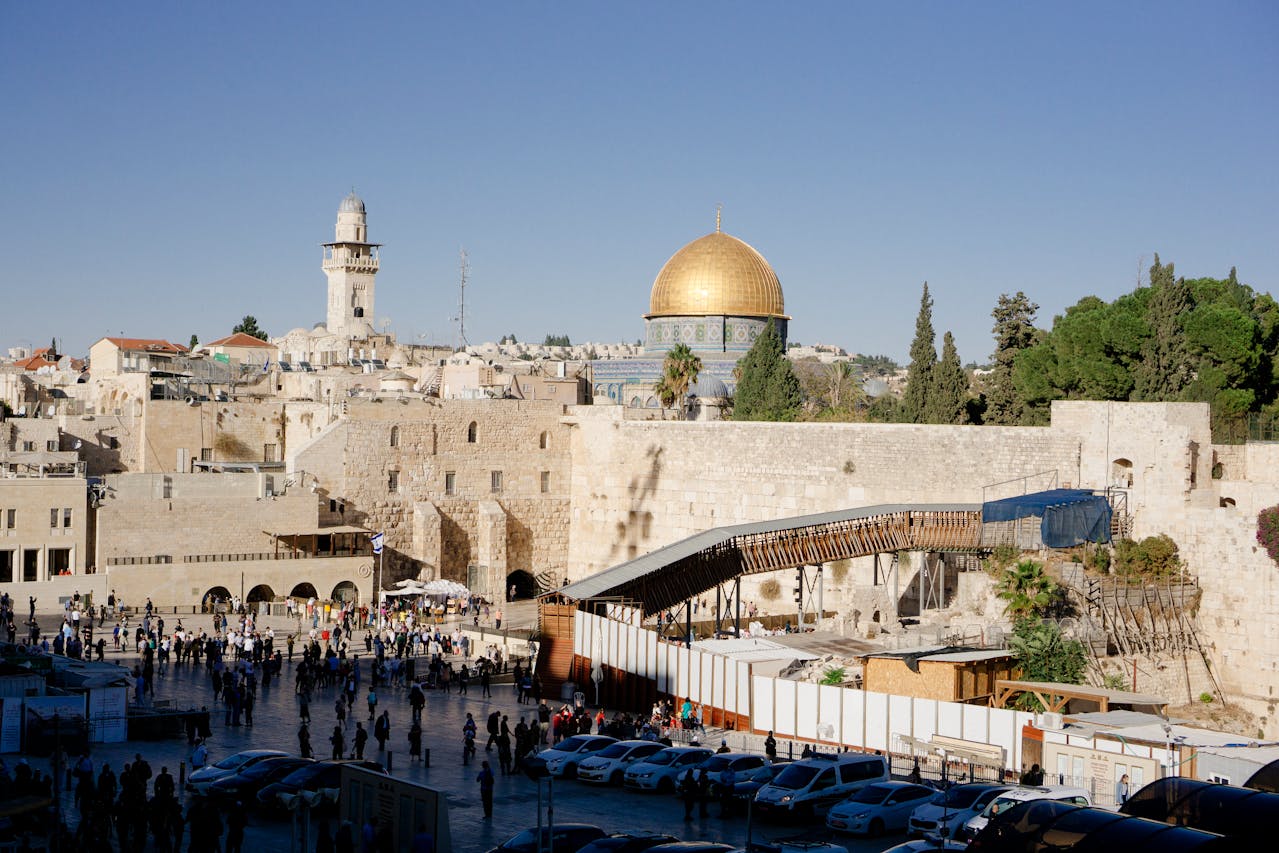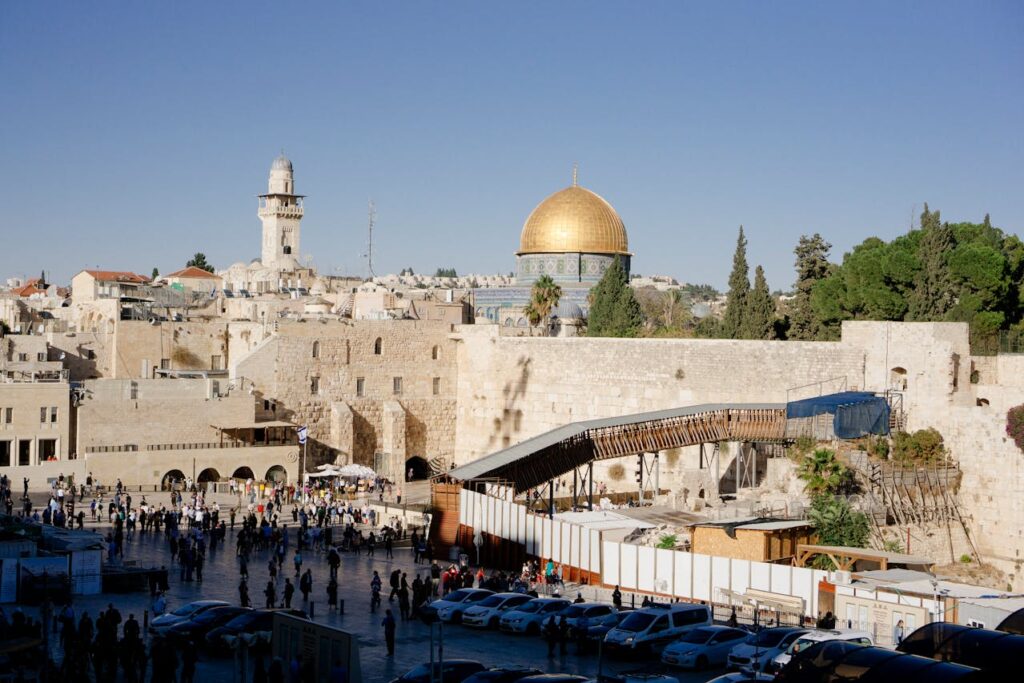
The International Court of Justice (ICJ) has issued a ruling ordering Israel to halt its military offensive in Rafah, Gaza. However, the wording of the court’s decision is ambiguous, leading to confusion over precisely what Israel is required to do.

The key sentence in the ruling states that Israel must “immediately halt its military offensive, and any other action in the Rafah Governorate, which may inflict on the Palestinian group in Gaza conditions of life that could bring about its physical destruction in whole or in part.” The question is whether the qualification about inflicting conditions that could lead to physical destruction applies only to “any other action,” or also to “military offensive.”
In other words, must Israel stop its entire military operation in Rafah, or can it continue as long as the operation does not pose a genocidal risk? The wording and structure of this complex, three-clause sentence allows for both interpretations.
The decision was supported by 13 judges against two, but the full ruling did not clarify the order’s meaning. Most headlines proclaimed that Israel was ordered to immediately halt its Rafah offensive, but after publishing minority opinions, it became clear that four of the five judges who addressed this issue believe Israel can continue its military action in Rafah, as long as it does not endanger the Palestinian population’s physical destruction.
Only the South African ad-hoc judge, Dire Tladi, interpreted the order as a complete prohibition on offensive Israeli actions in Rafah, while allowing defensive actions in response to Hamas attacks.
The ambiguity in the ICJ’s wording has created an unacceptable situation where each side is interpreting the ruling as they wish. The judges’ compromise in formulating a vague text that everyone could agree on has backfired, leading to confusion over the court’s actual requirements for Israel.

